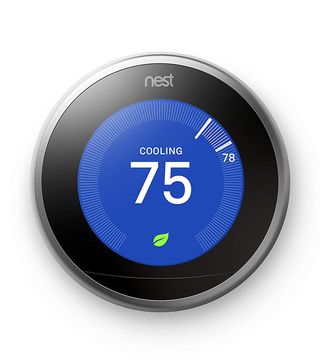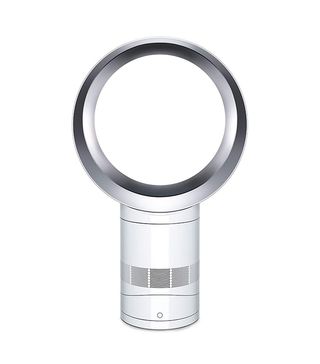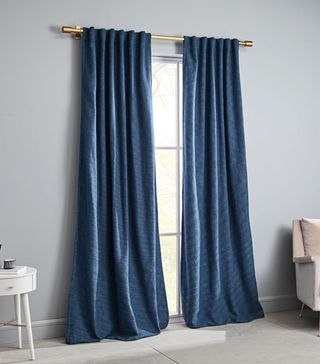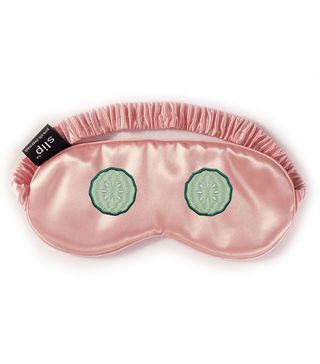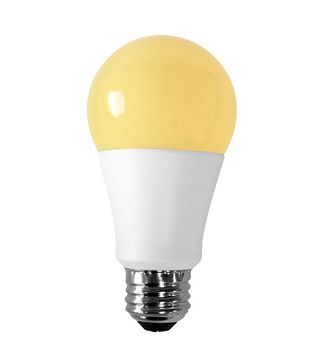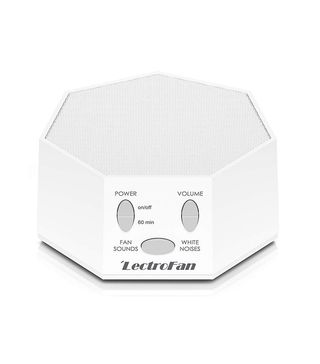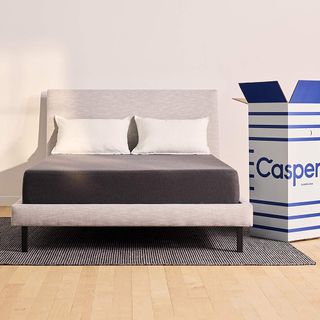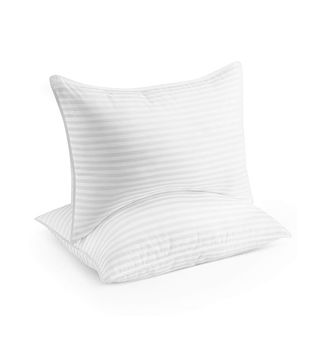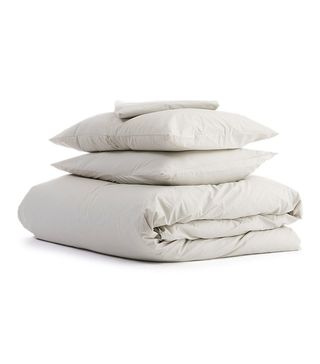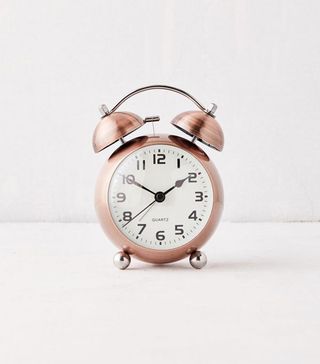Why Your Bedroom Is Stopping You From Getting a Good Night's Sleep
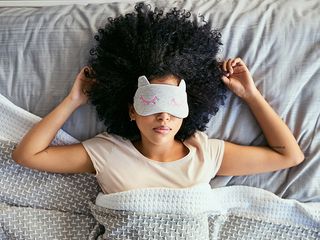
You probably know that getting a good night's sleep is important on so many levels. The amount of shut-eye you get can affect your physical and mental health. The National Heart, Lung, and Blood Institute states that sleep deficiency is linked to chronic health problems like heart disease, kidney disease, high blood pressure, diabetes, stroke, obesity, and depression. Additionally, a lack of sleep can impair your abilities, like driving, which can result in dangerous situations.
If you find yourself having trouble sleeping, it can be due to a variety of things, but one reason can lie in where you get your sleep. Yes, the bedroom. How you've set up your bedroom, what you have in it, and what you do in the space could have an effect on your quality of sleep. To figure out what in your bedroom might be ruining your bedtime, we reached out to Rajkumar Dasgupta, MD, assistant professor of clinical medicine at USC's Keck School of Medicine and a spokesperson for the American Academy of Sleep Medicine.
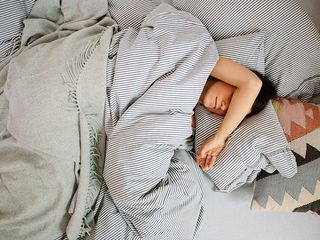
Dasgupta breaks it down simply: "The general rules of thumb for good sleep at night are that you'll want your bedroom to be on the darker side, the cooler side, and the quieter side." He outlines some suggestions below, but he advises that it's not a one-size-fits-all fix because everyone has different sleeping preferences—that's why testing out different methods and changing up your bedroom might take some trial and error. Take a look and see if your bedroom needs a change.
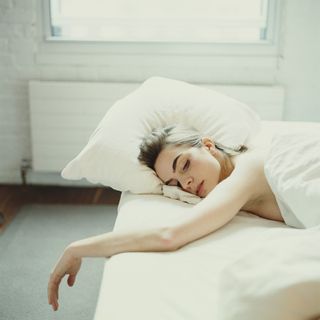
How you set the temperature will depend on personal preference. "As we lay down, our body cools down naturally, and as we wake up, we warm up, so that's where the mentality is in having it cooler in the bedroom at night," Dasgupta says. There are a number of ways to keep it cool in the bedroom. Turning up the air conditioning can help, but he says it might not be the most practical thing for some people because of energy costs and allergies (changing the filter often is key). Or, it could mean wearing thin layers or minimal clothing. It can also be achieved by using a fan. It depends on your own internal body temperature and how your body reacts to different cooling methods.
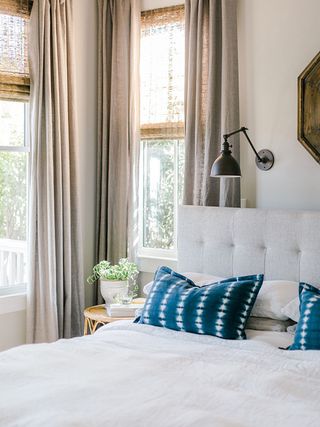
This can mean investing in some blackout shades if your room gets a lot of light at night, or if you prefer to sleep in complete darkness. You could also close the door to your bedroom if there is light shining through it from other parts of your home. Or, you could simply purchase an eye mask to keep the light out of your eyes.
While darkness is important, Dasgupta also suggests looking into blue light blockers and related products. Blue light can inhibit the release of melatonin, which is what you need to help you sleep. Your phone and other tech devices might have a "night" mode that blocks the blue light that normally emits from your screens. There are also light bulbs that are supposed to block blue light, which might help you catch some z's if installed in your bedroom.

While for some people, this might mean keeping the bedroom completely silent, Dasgupta acknowledges that for others, white noise can help. "I think that in certain individuals it's nice to have some white noise. You can imagine being in such a quiet, quiet room, and someone drops something, how loud it could be. That's what the white noise does, it kind of drowns out all these unnecessary sound frequencies, and some people truly do enjoy it, whether it's going to be some very quiet, soothing music in the background, whether it's your refrigerator. There are apps; there are so many alarm clocks now that have it," he says.
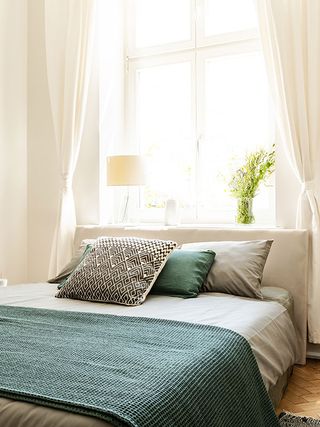
Your bed itself might need an upgrade, especially if it doesn't feel comfortable or relaxing anymore. "You're not going to wait until you have holes in your shoes by the time you get new ones, and I say the same thing for the mattress," Dasgupta says. "You just can't wait until the springs are shooting out there to get a new one. So the rule of thumb is, though expensive, somewhere around every 10 years, you should maybe consider getting a new mattress if that's the missing piece of the puzzle for you. More practical things could be the pillows, the sheets—for a lot of reasons, including hygiene and allergies, you should be very diligent about changing your pillows and sheets."
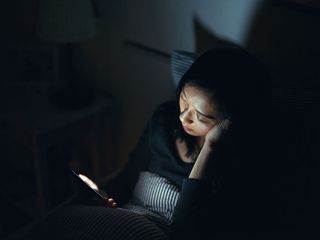
This is easier said then done, Dasgupta acknowledges, especially if your alarm clock is on your phone. So if you can't stop your technology usage fully, try to limit it at least. Or, invest in an alarm clock that doesn't exist on your phone.
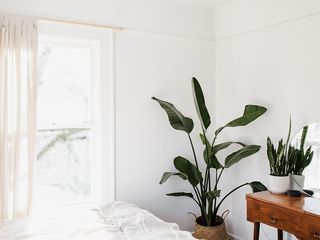
Indoor plants have a lot of health benefits, and one can be helping you achieve good quality sleep. "There was a study that came out around three, four years ago, about having a pineapple plant in the bedroom. It was a nap study, and it really showed that it helps out with snoring and helps with getting better sleep," says Dasgupta. "Plants do so much for us, in the sense that they actually take all this carbon dioxide that we are breathing out at night and turn it into oxygen. They provide humidity, and having a little humidity in the bedroom is helpful for your breathing and nasal passages so you don't snore as much, and you don't wake up with a dry nose and dry mouth."
It's important to note, though, that all of these suggestions might not help your sleep problems, as some are caused by health problems like sleep apnea or insomnia. Those will need to be treated by a doctor, so if you find that none of these solutions help, or feel that your sleep problems are bigger than what's in your bedroom, you'll want to see a doctor to find out the source of the issue.
"The number one thing is good sleep is always based on the two Qs: the quality and the quantity. When we talk about the quantity of sleep, it really depends on age, because children, adolescents, teenagers, college students, they definitely need more sleep," Dasgupta says. "The rule of thumb is around seven to eight hours of sleep, so if anyone is getting seven to eight hours of sleep and they still feel fatigued or sleepy during the day, excessively napping during the day, now you think about the second Q, which is quality, and that's where I think you should see a sleep doctor."
Next up: How I Learned to Fall Back Asleep in Less Than 5 Minutes
Disclaimer
This article is provided for informational purposes only and is not intended to be used in the place of advice of your physician or other medical professionals. You should always consult with your doctor or healthcare provider first with any health-related questions.
Sarah is lifestyle writer and editor with over 10 years of experience covering health and wellness, interior design, food, beauty, and tech. Born and raised in Los Angeles, she attended New York University and lived in New York for 12 years before returning to L.A. in 2019.
In addition to her work on THE/THIRTY and Who What Wear, she held editor roles at Apartment Therapy, Real Simple, House Beautiful, Elle Decor, and The Bump (sister site of The Knot).
She has a passion for health and wellness, but she especially loves writing about mental health. Her self-care routine consists of five things: a good workout, “me” time on the regular, an intriguing book/podcast/playlist to unwind after a long day, naps, and decorating her home.
-
 I Live for Yoga and Pilates—These Are the Pieces That Help My Flow
I Live for Yoga and Pilates—These Are the Pieces That Help My FlowTake notes.
By Humaa Hussain
-
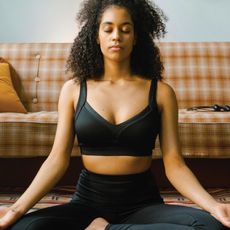 It's Time to Get Our Nutrition in Check for Summer—This App Is Making It Easy
It's Time to Get Our Nutrition in Check for Summer—This App Is Making It EasyThe recipe ideas are endless.
By Who What Wear
-
 If You're Battling With Digestive Issues, This Could Be Why
If You're Battling With Digestive Issues, This Could Be WhyTurns out, you may not have IBS after all.
By Kia Topps
-
 Our Editors Own a Lot of Sneakers, But This Pair Comes in First Place Every Time
Our Editors Own a Lot of Sneakers, But This Pair Comes in First Place Every TimeA major win.
By Aniyah Morinia
-
 I Changed My Mind About Strength Training When I Tried This Workout
I Changed My Mind About Strength Training When I Tried This WorkoutMy confidence is officially on 10.
By Kia Topps
-
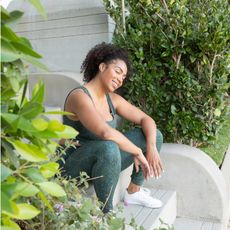 This Type of Gear Will Take Your Workout to the Next Level
This Type of Gear Will Take Your Workout to the Next LevelBring it on.
By Sarah Yang
-
 6 Essential Oils That Will Heal Your Painful Sunburns
6 Essential Oils That Will Heal Your Painful SunburnsAll-natural relief ahead.
By Samantha Parsons
-
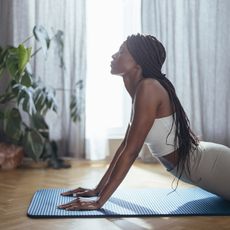 The Activewear Accessory That Can Change Your Yoga Practice
The Activewear Accessory That Can Change Your Yoga PracticeIt's so helpful.
By Sarah Yang
